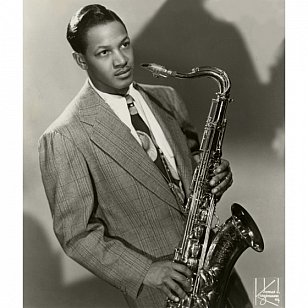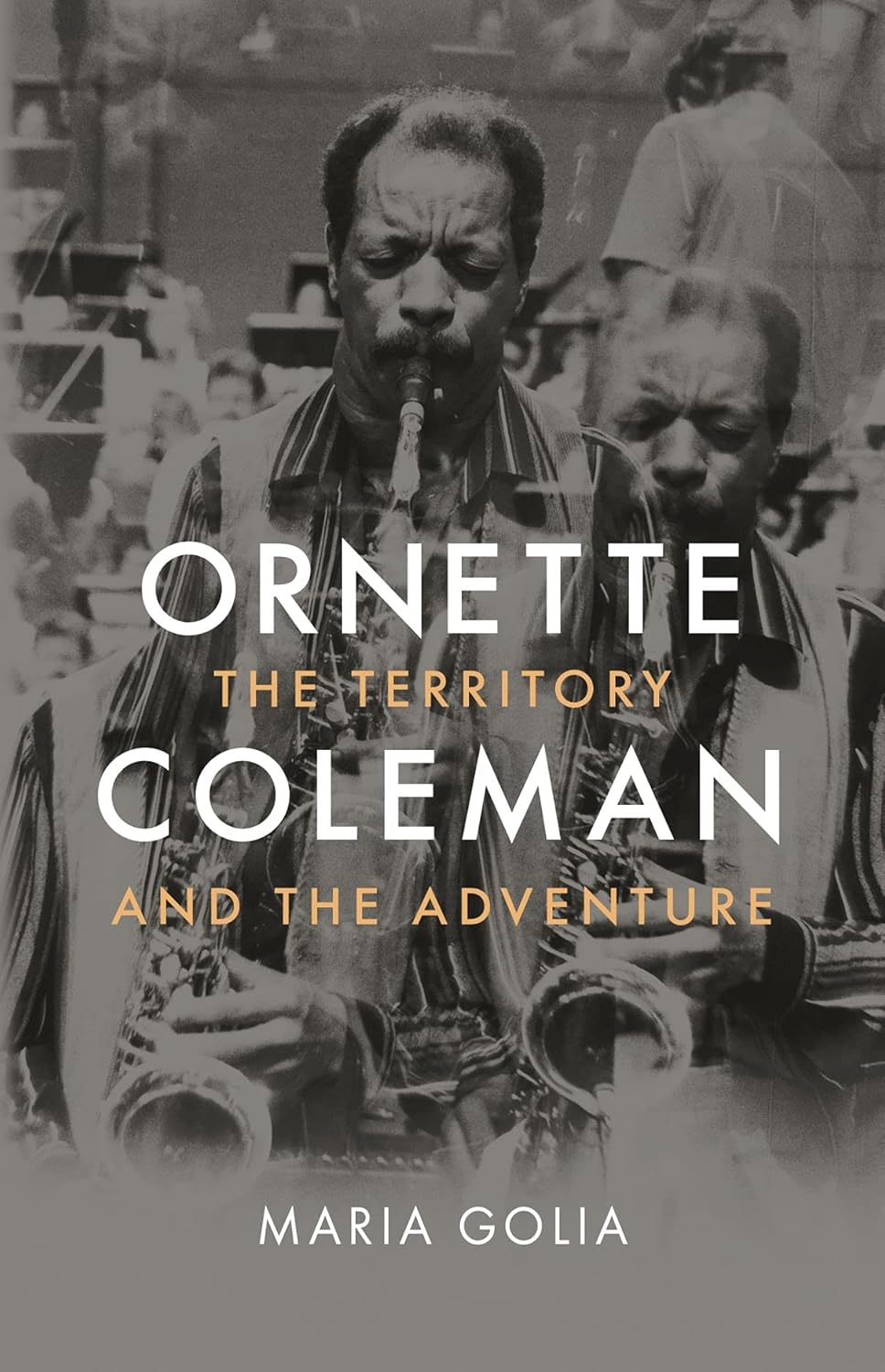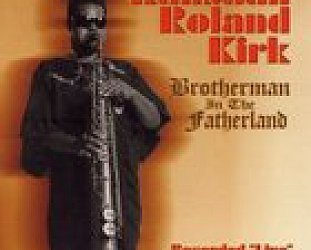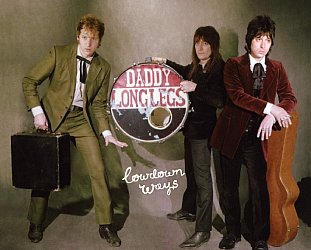Graham Reid | | 2 min read
Flying Home (1942)

Most rock and pop biographies follow a very standard pattern: a little about the artists' background and home life, meeting fellow travellers, early struggles, career taking off, troubles and travails and . . .
However that story ends: drugs, death, rehab or second coming etc.
Jazz biographies however, because of the very nature of the music and its creation, tend to have greater depth.
Because jazz is about individual expression we need to know more about what shaped the musician, and that means family, tutors or mentors, inspirational figures, bandmates and so on. Each of these needs to be given background information.
And because jazz musicians rarely settle into one band their associations, performances and recordings with different characters needs to be explored.
As the music changes (and it changes constantly), any researcher is obliged to analyse how different it is from what preceded it.
And then there are all the other attendant issues: husbands and wives, partners, lifestyle, racism in the case of black American artists, addictions, money troubles (almost inevitable) . . .
There are great jazz biographies which by the very depth of the research also become social histories: Elsewhere would point to the recent, magisterial biographies of Thelonious Monk and Sonny Rollins.
Ornette Coleman has had a number of biographical books but the new Ornette Coleman: The Territory and the Adventure by Maria Golia takes quite a different approach from a straight narrative.
 She spends considerable and important time on where and how Coleman grew up in Fort Worth, Texas and discussing what it was like in a city which became a crossroad of cultural and musical byways which included country music, Tex-Mex music, big bands, blues, Western Swing, jazz from New Orleans and so on.
She spends considerable and important time on where and how Coleman grew up in Fort Worth, Texas and discussing what it was like in a city which became a crossroad of cultural and musical byways which included country music, Tex-Mex music, big bands, blues, Western Swing, jazz from New Orleans and so on.
Golia pays close attention to the music which influenced the musicians, and in Coleman's case she identifies Flying Home by the Lionel Hampton Band, featuring tenor player Illinois Jacquet from Houston.
On this short piece from 1942 – which sounds much longer, such is the detail in Jacquet's solo – the tenor player played “with effortless exuberance, it was as if the 19-year old Jacquet had distilled the very essence of being young and alive into song,” writes Golia.
She notes that it influenced the tenor players who heard it (some learning it note-for-note) and the young Malcolm X who heard Jacquet play in Harlem's Savoy Ballroom wrote, “I have never seen such fever-heated dancing”.
Golia hedges her bets a little when she says the piece “probably” affected Coleman, there's no evidence that he did hear it
Although given how influential it was, it seems highly likely.
Either way, it is a great piece of playing. It swings and is alive.
So let's hear it again.
Flying Home (1942)
.





post a comment